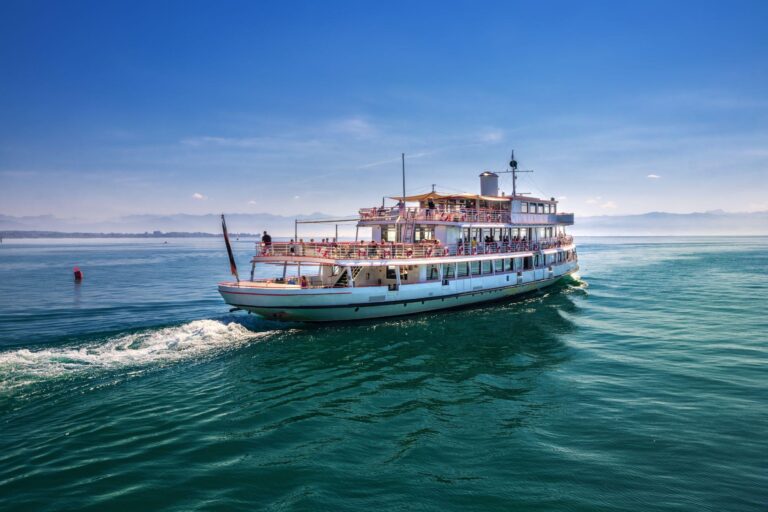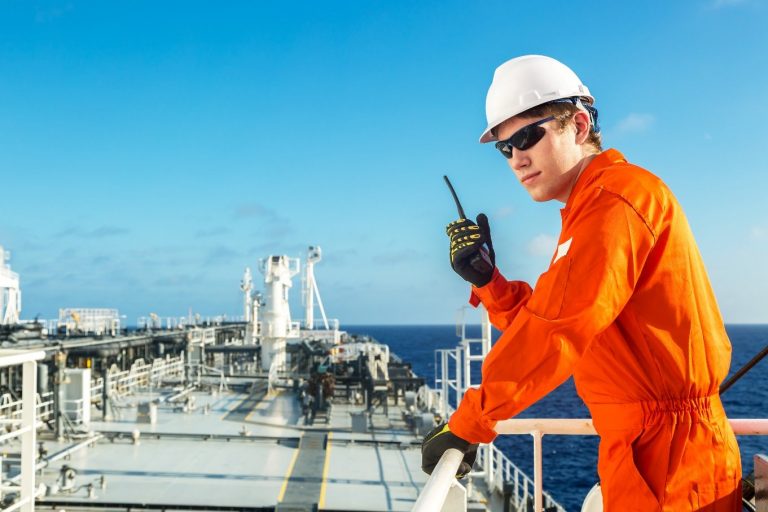The Jones Act consists of several vital parts in relation to maritime laws for waters controlled by the United States. You may also hear of the laws being referred to admiralty laws. Essentially, they are all the same thing. In addition to defining the transport of goods through U.S. ports, there are sections that deal with protections for seamen should they be injured while in the service of a vessel.
Several of the provisions contained within this maritime act are different from traditional personal injury laws for those injured while on land. To help you gain a better understanding of your maritime legal rights, we invite you to read and review the following FAQs.
What should I do after getting injured?
You will want to seek medical treatment immediately, even for minor injuries. If possible, take pictures of the area you were injured. It is also beneficial to record the date, time, weather conditions, other employees present and other details relating to the accident.
Additionally, you should fill out any necessary documentation required by your employer and maritime laws. You can seek help from a qualified Jones Act lawyer for assistance in completing this paperwork to ensure it is completed correctly.
What benefits am I entitled to receive?
You are entitled to file for maintenance and cure benefits immediately. These benefits are similar to worker’s compensation benefits. Maintenance and cure covers basic living expenses and medical expenses. These benefits last until you are cleared by a physician to return to work.
In addition, it does not matter who was at fault for the accident. Your employer cannot deny maintenance and cure benefits even when you were fully or partially at fault for the accident and your injuries. If your employer attempts to delay or deny these benefits, you will want to contact a Jones Act law firm immediately.
Are there any additional benefits I can claim if the accident was not my fault?
Under the Jones Act, you can file for additional benefits if the injuries were caused due to the negligence of another or if the working conditions were not safe. You may also claim benefits in cases where the vessel is considered unseaworthy. This means the conditions on the vessel create workplace hazards, such as but not limited to:
- Broken Equipment
- Insufficient Crew
- Untrained Crew
- Missing Safety Features (i.e., Handrails, Non-Skid Stairs, Fire Extinguishers, etc.)
- Improperly Maintained Vessel
Do I have to prove negligence or unseaworthiness?
You do have to prove your injuries were caused dues to negligence or unseaworthiness. However, unlike conventional personal injury claims, establishing negligence or unseaworthiness is not as difficult so long as you have help from a Jones Act lawyer.
Is there a time limit on how long I have to file my maritime injury claim?
For Jones Act claims, there is a statute of limitations of three years from the date of the accident. This time limit may also apply to other types of maritime injury claims. It is always in your best interests to not delay filing your claim.
Since maintenance and cure benefits are available immediately, you should file for those as quickly as possible. Otherwise, if you delay filing, it could raise questions about how serious your injuries truly were and create other complications.
Can I file on behalf of my loved ones if they are seriously injured or killed?
You can file a claim for personal injuries for your spouse, child, parent, sibling, or another loved one if they are not able to do so themselves. Families have a right to receive compensation in cases where their loved ones were killed due to negligence or unseaworthiness of a vessel.
My employer is demanding I make a statement or meet with a company investigator. What should I do?
If your employer wants you to issue a statement, written or recorded, or meet with a company investigator, it is best to talk to your own maritime lawyer first. The purpose of this meeting is to try to trick you into assuming responsibility for the accident and your injuries.
If the employer is successful at this tactic, then the benefits you are entitled to claim could be limited to just maintenance and cure. As such, this could prevent you from claiming additional benefits under the Jones Act.
How much does it cost to start a Jones Act lawsuit claim?
It does not cost anything to initiate a lawsuit with help from our Jones Act law firm. We are happy to meet with you to discuss your case. If there are grounds for filing the lawsuit, we can do so on your behalf and will work on a contingency basis.
What this means is our maritime lawyers and law firm do not get paid until after we reach a settlement or win your case in a court of law. If for any reason we do not win, then you owe us nothing—although we have a very successful record of reaching settlements and winning cases in court.
Once we reach a settlement or win your case, then you pay us out of the cash you receive. The amount you will have to pay will be discussed at your initial consultation. This way, you know upfront how much it will cost.
Can your law firm represent me even though I was not injured in waters off of Texas?
Our law firm can provide legal representation for maritime injury cases in U.S. waters as well as international waters, no matter where the accident and injuries occurred. We have represented maritime injury clients for employers of all sizes, including large offshore companies like:
- BP
- Tidewater
- Rowan Marine
- Transocean
- Phillips 66
- American Commercial Lines
- Weeks Marine
- Nabors Industries LTD.
- Maersk Line
In addition, we can provide legal representation for injured dock workers and longshore workers.
My employer terminated my employment after I was injured. Can they do this?
Often, when someone is injured at sea, employers attempt to threaten termination, even though they know it is against the law. This fear of being fired is what prevents many seamen from filing claims or reporting unsafe working conditions.
What you need to remember is there are specific laws in place which prevent an employer from firing employees who are injured on the job and who claim benefits under maintenance and cure, as well as Jones Act claims. If your employer terminated your employment after you were injured, you need to speak with one of our maritime lawyers immediately.
Does my employer have to hold my job after I was injured?
It largely depends on the extent of your injuries and whether you would be able to return to work. The FMLA (Family Medical Leave Act) does offer some protection, but there are limitations and specific criteria.
For instance, if you are only claiming maintenance and cure benefits, then it is possible your employer will retain your position. On the other hand, if you are not going to be able to return to work for a much longer period of time, then they may replace you in the interim.
Often, after going through a legal battle with their employer for maritime benefits, injured employees rarely return to the same employer. You can speak more to your lawyer about this question and any concerns you might have to find out what options are available, based on the circumstances of your maritime claim.
Can I claim benefits if I was injured while onboard a cruise ship?
There are maritime laws which cover passengers onboard a cruise ship if they are injured due to the negligence of the crewmembers or unseaworthiness of the ship. It is best to contact our law firm to discuss your legal options and which maritime laws would apply to your situation.
We hope these maritime and Jones Act FAQs have helped answer your questions. If you have further questions about maritime law and your legal rights after being injured, please feel free to contact the maritime lawyers at Maintenance and Cure, part of Schechter, Shaffer & Harris, L.L.P. at 1-800-836-5830 now! Our lawyers are available 24/7.








